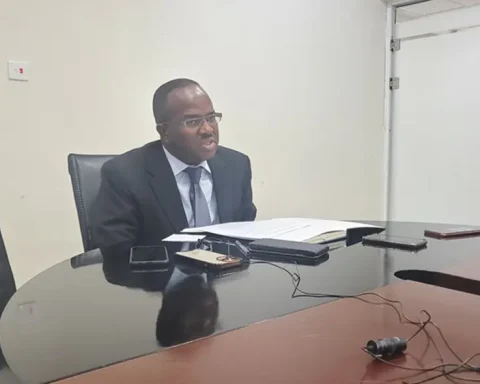A study by GSMA with support from UK Aid sheds light on the significant gender disparity in mobile internet usage among Ghanaians. Despite over nine out of every ten internet users in Ghana accessing the internet via mobile phones, the study highlights that Ghanaian women with access to mobile internet are less likely to use it than men, primarily due to cost implications.
The study reveals that 58% of male internet users access the internet exclusively through mobile phones, compared to 75% of female internet users. This significant disparity underscores the importance of mobile connectivity, particularly for women in the country. However, the cost of smartphone devices remains a major obstacle, preventing lower-income individuals, including many women, from participating in Ghana's digital economy. The study estimates the average cost of a smartphone to be around $41, equivalent to approximately a quarter of the average monthly income in Ghana.
Affordability emerges as a substantial barrier to internet access for women. GSMA's 2023 field surveys indicate that up to 38% of female respondents cite affordability as a major hindrance to internet access, compared to 30% of male respondents. Furthermore, the average earned income for females in Ghana is significantly lower than that of males, contributing to the gender disparity in smartphone ownership and mobile internet usage.
Interestingly, when Ghanaian women do have access to mobile internet, they are less likely to use it compared to men, mainly due to the associated cost. The study underscores that the type of phones required to access e-government platforms are often expensive, making them inaccessible to many women. In addition, the imposition of various taxes on mobile network operators (MNOs) further inflates the cost of mobile internet services.
The study points out that Ghana's digital gender divide is shrinking, but challenges remain. The average earned income of women in Ghana is significantly lower than that of men, making smartphones and digital services less accessible to them. Industry-specific taxes and levies imposed on mobile operators and users contribute to the high cost of mobile transactions. Additionally, digital literacy initiatives targeting women, especially those in informal businesses, are inadequate.
To bridge the gender gap in digital access, the study suggests a two-pronged approach: subsidies and innovative financing schemes to help disadvantaged women access smartphones and digital services, and comprehensive digital literacy programs to enhance women's digital skills. The report emphasizes the need for cooperation between public and private sector actors to address both demand and supply-side barriers affecting women's adoption of e-government services.
Despite Ghana's efforts to promote an inclusive digital society through its national digital agenda, the study underscores the urgency of addressing affordability and digital literacy challenges to ensure equitable digital access and participation for all, particularly Ghanaian women.
This GSMA research paper is authored by Sone Osakwe and acknowledges contributions from various individuals and organizations. It is funded by UK Aid and supported by the GSMA and its members.






Ghanaian women will surely be quickest to remarry, with all the show at funerals
Interesting information there. Very believable
Ei saa
Interesting read